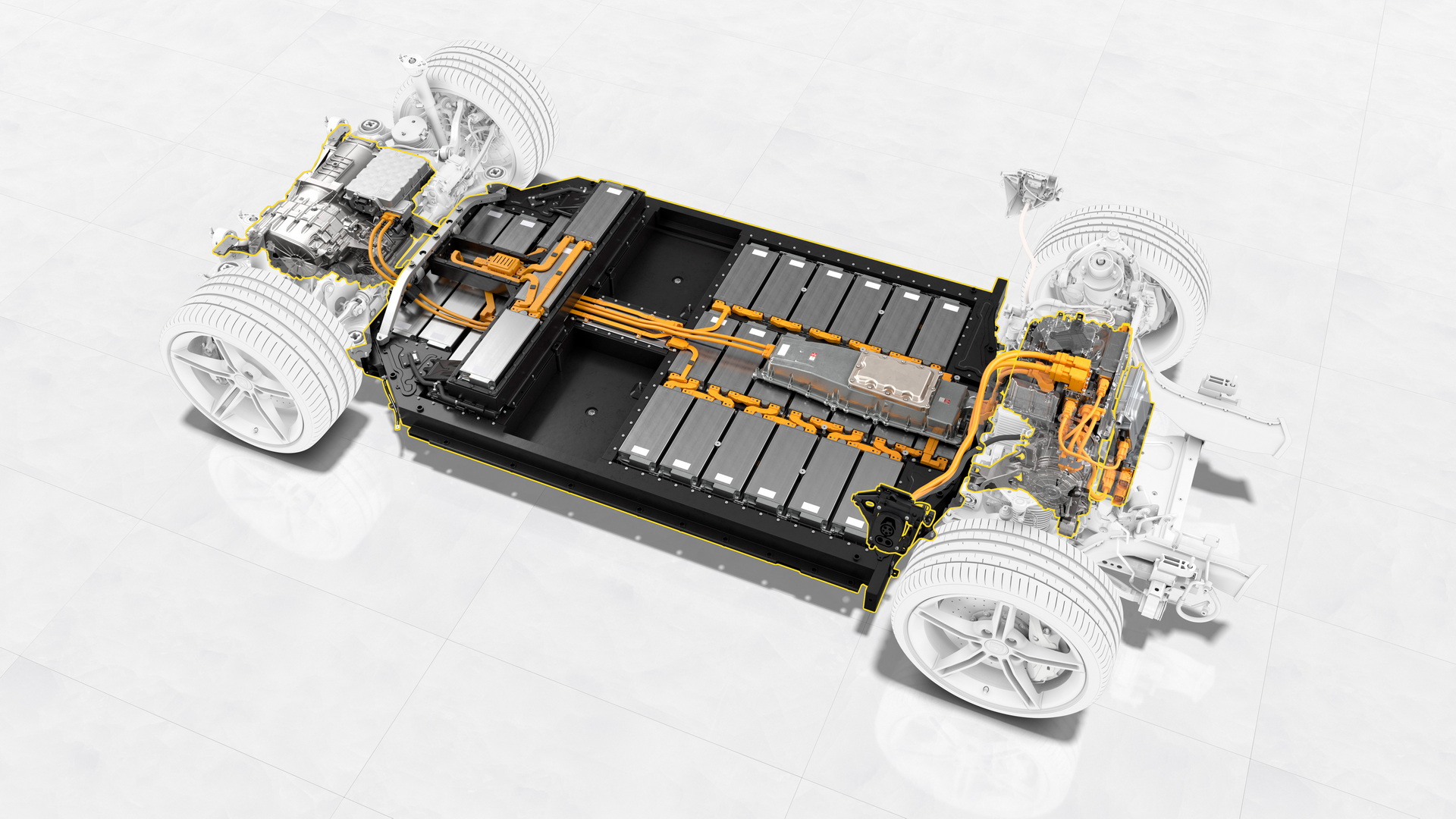Porsche is developing its own battery cells with silicon anodes. The batteries will enable the brand to produce batteries for high-performance vehicles.
The German automaker believes that using silicon instead of graphite anodes will help it remain at the leading edge of battery cell design. These anodes, along with new electrolytes and additives will allow Porsche’s batteries to operate at higher temperatures.
Porsche says that its new cells will be able to operate comfortably at temperatures over 75° C (167° F). Normal battery cells, meanwhile, operate most comfortably at 25° C (77° F) and struggle at temperatures over 46° C (115° F), Anna Stefanopoulo, director of the University of Michigan’s Energy Institute told Wired in 2019.
Also Read: Volkswagen Group’s Share Prices Soar On The Back Of Ambitious EV Targets
The cell chemistry will allow for higher-density batteries with better energy recovery and faster charging, says Porsche. The brand famed for racing believes that this will be an important step along the way to producing electric customer racing cars, as well as high-performance, limited production road cars.
“The battery cell is the combustion chamber of tomorrow,” said Oliver Blume, Porsche’s chairman. “Our electrified high-performance sports and racing cars place the highest demands on battery technology.”
The brand wants to ensure that the good chemistry isn’t just limited to its batteries, though. To guarantee that its customers are treated well, Porsche is planning a network of branded fast-charging stations throughout Europe. These will have fancy lounges and will complement the Ionity network of chargers.
“We are currently working on the details of a concept for our own fast-charging stations,” said Blume. “We will select attractive locations for these in order to offer our customers the most comfortable and fastest long-distance travel experience possible.”






